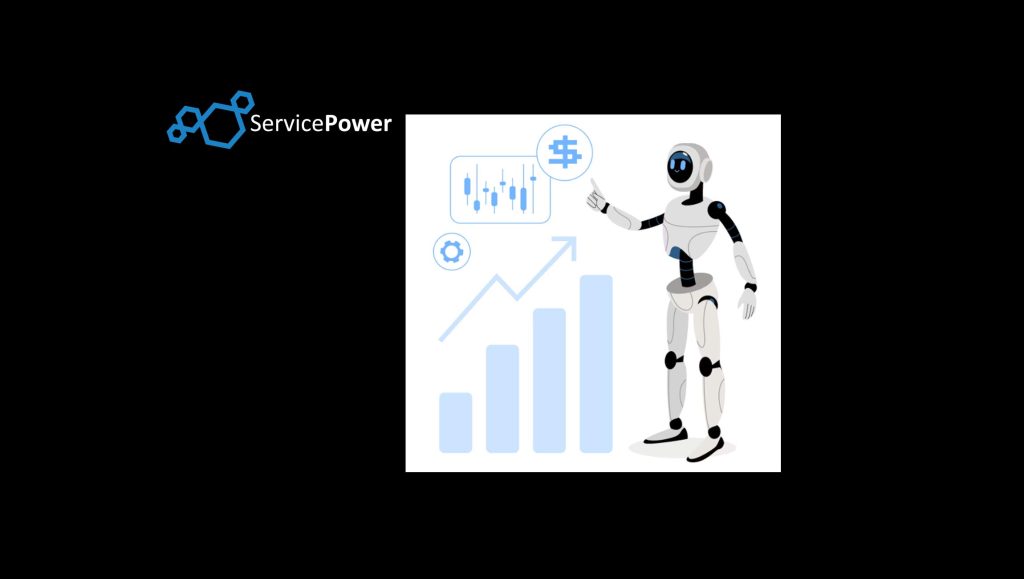Sales Performance Management is the practice of applying corporate performance management tactics to sales teams and determining how to best encourage the kinds of behavior that drive sales.
Everyone would agree that sales is a tough job. With the right attitude, skills and technology, the tough part can be managed. Sales research show that 90% of customers would choose a product or brand based on how well the human touch points interact, reply and respond to their queries.
If customers like the human touch in their buying journeys, wouldn’t it be interesting to analyze the same human touch build up between Marketing, Sales and Customer Service groups and other departments within an organization?
So, what makes it hard for Sales teams to establish the same bond with their peers?
Why do Sales professionals fail to inspire other team members and achieve targets?
A part of the answer to these questions lies with the lack of organization benchmarks in defining, “Sales Performance Management (SPM)?”
What is Sales Performance Management?
What are the major components of Sales Performance Management?
Business leaders often assign the blame of failing to meet sales numbers to numerous reasons, while not accounting for how humans work. In 2019, with AI and Automation in Sales taking a large chunk of human effort out of the selling equation, businesses are expected to grow their Sales teams, retain the Sales success factors from past quarters and meet new goals. However, that may not happen. Why?
One of the hardest things in Sales is to keep the high-performer happy, motivated and driven to chase down Sales goals at a rapid rate of success. That led us to analyze top-tier Sales Enablement and Coaching platforms, in addition to established Sales Performance Management software providers.
Here are the top business-savvy frameworks related to “What is Sales Performance Management?” that we gathered from the industry.
Gartner defines SPM as, “A suite of operational and analytical functions that automate and unite back-office operational sales processes.” In its blog, the research reveals the three ‘core’ capabilities and three ‘near-core’ capabilities of SPM suite.
The core and near-core capabilities of SPM suite are:
- Sales Incentive Compensation Management (ICM)
- Objectives Management
- Quota Management and Planning
- Territory Management and Planning
- Advanced Analytics
- Gamification
Corporate Definitions and Standard Practices
Xactly promotes its Sales Performance Management Software as an AI-driven platform that “leverages predictive analytics to power your entire sales resource planning and performance management process—from quota and territory planning to incentive compensation management.”
A leader in Gartner’s Magic Quadrant for Sales Performance Management, SAP identifies these tools as “simplifying compensation management and optimizing outcomes by empowering administrators to create, refine, and distribute effective incentive plans.”
CallidusCloud, now part of SAP Sales Cloud, also focuses on the core areas of Sales Performance Management, including Commissions, Territory and Quota management and predictive analytics. It identifies Sales Performance metrics based on accelerated sales practices, reporting and data analytics, system integration between CRM, ERP and HR, and gamification.
IBM’s Sales Performance Management suite also provides valuable insight into the space while outlining the need to have Sales Performance tools that cover speed, agility, incentives and cultural fitment.
IBM says that by implementing Sales Performance Management measures, (the) “Companies can be better positioned for success.”
These revolve around strategic planning, sound communication, pre-emptive analysis and evaluation and a clear articulation of goals, roles, and responsibilities.
Another leader in the segment, Anaplan broadly classifies Sales Performance efforts into three use cases —
- Sales Planning – Quota planning, account segmentation, and sales capacity
- Sales Incentives
- Sales Insights – Pipeline management, sales forecasting, pricing, and discounting
When these three come together, Sales leaders can leverage technology and human skills to connect their operations with data and analytics to discover new scenarios in the business and make decisions quicker.
According to bpm’online, Sales Performance Management tools “help sales managers to accurately monitor, understand, and make changes to sales processes deemed to affect the effectiveness and efficiency of the sales reps, based on sales key performance indicators (KPIs).”
Further, the company also identifies the similarities and differences between SPM and Sales Enablement efforts.
According to TrustRadius, Sales Performance Management is “the practice of applying corporate performance management tactics to sales teams, and determining how to best encourage the kinds of behavior that drive sales.”
In this fast-evolving world of Mobile CRM, how could Sales Performance Management applications lag behind? For Mobile Sales Analytics, Oracle Engagement Cloud offers Mobile Compensation Tracking and Intelligent Sales Planning on your fingertips.
In this segment, Oracle defines Sales Performance Management as a set of practices enacted to “improve sales effectiveness and achieve target revenue goals with process automation and advanced planning tools.”
What to do with SPM Tools: Manage Salesperson, Sales Team, and Overall Sales Force Performance
Optymyze says Sales Performance Management is part of a strategic transformation of sales operations driven by industry best practices and expertise in Sales Data Management and Planning. A part of the Sales Ops revolution, Optymyze defines Sales Performance Management as, the process of leveraging “deep expertise enabled by industry-leading technology to drive and efficiently manage salesperson, sales team, and overall sales force performance.”
Therefore, the mission of Sales Performance Management is to:
- Build focused sales teams
- Increase revenue and improve agility
- Eliminate payout disputes
- Increase productivity by providing accurate insights on sales numbers and lag
- Discover and prepare for ‘What if’ scenarios in sales
- Quickly train and build sales force applications around data management, reporting, analytics and automation.
To succeed in the dynamic Sales Technology landscape, there are numerous insights and actions you could take to improve sales performance. However, without a verifiable strategy guided by strong sales culture and leadership, Sales Performance Management can’t deliver on its promises. It needs a fine mix of tools, automation expertise and future vision to lead and maintain sales performance.
So, what do you think about your Sales Performance standards and how often do you revisit your strategy?
Share your insights by participating in our SalesTech interviews, blogs and RADAR. Please drop us a line at news@martechseries.com




















